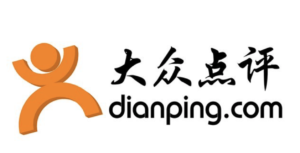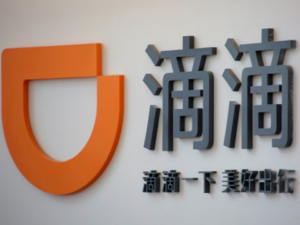We keep writing about Tencent, Didi, SenseTime and other AI tech firms in China… Kai-Fu Lee in his new AI book makes some fascinating business model comparisons…
US vs China AI:
A) Yelp stayed with its app, while Dianping in China 5 years ago spent heavily to hire and manage an army of scooter-riders to deliver food for mom-and-pop shops … by 2017 Dianping had merged with rival Meituan and was worth $30 billion, more then three times Yelp and GrubHub combined, as Lee points out.

B) Uber vs Didi … Uber focused on the app and got out of China, Didi bought up gas stations and auto repair shops to service the drivers’ cars and build trust.

C) AirBnB vs Tujia … same thing, AirBnB focuses on the app and platform, while Tujia offers Chinese hosts all the things they would like to NOT do: clean the apartment after each booking, restock supplies and install smart locks.

Bases solely on this Kai-Fu makes a plausible case for why China will lead AI globally in the near future. But aside from the logic behind building the whole platform nuts to bolts and investing in the brick-and-mortar part of the AI technology, these firms also collect an insane amount of data around customer purchases and behavioral patterns.
Ask Amazon about it. Once they pulled off the impossible with Alexa – 9 out of 10 scientific advisors to the company told them not to touch it – the amount of real-time data coming in made it catnip to all leading scientists in the world.
And today AWS is the undisputed market leader, by a huge margin.
Keep an eye on China AI… the government is pushing and legitimizing it, the cut-throat domestic competitive landscape has made the entrepreneurs tough, and the data is already better than the US.
Our global AI database has a special focus on AI leaders/startups/founders in China – Israel, the other not so hidden leader for technology.
